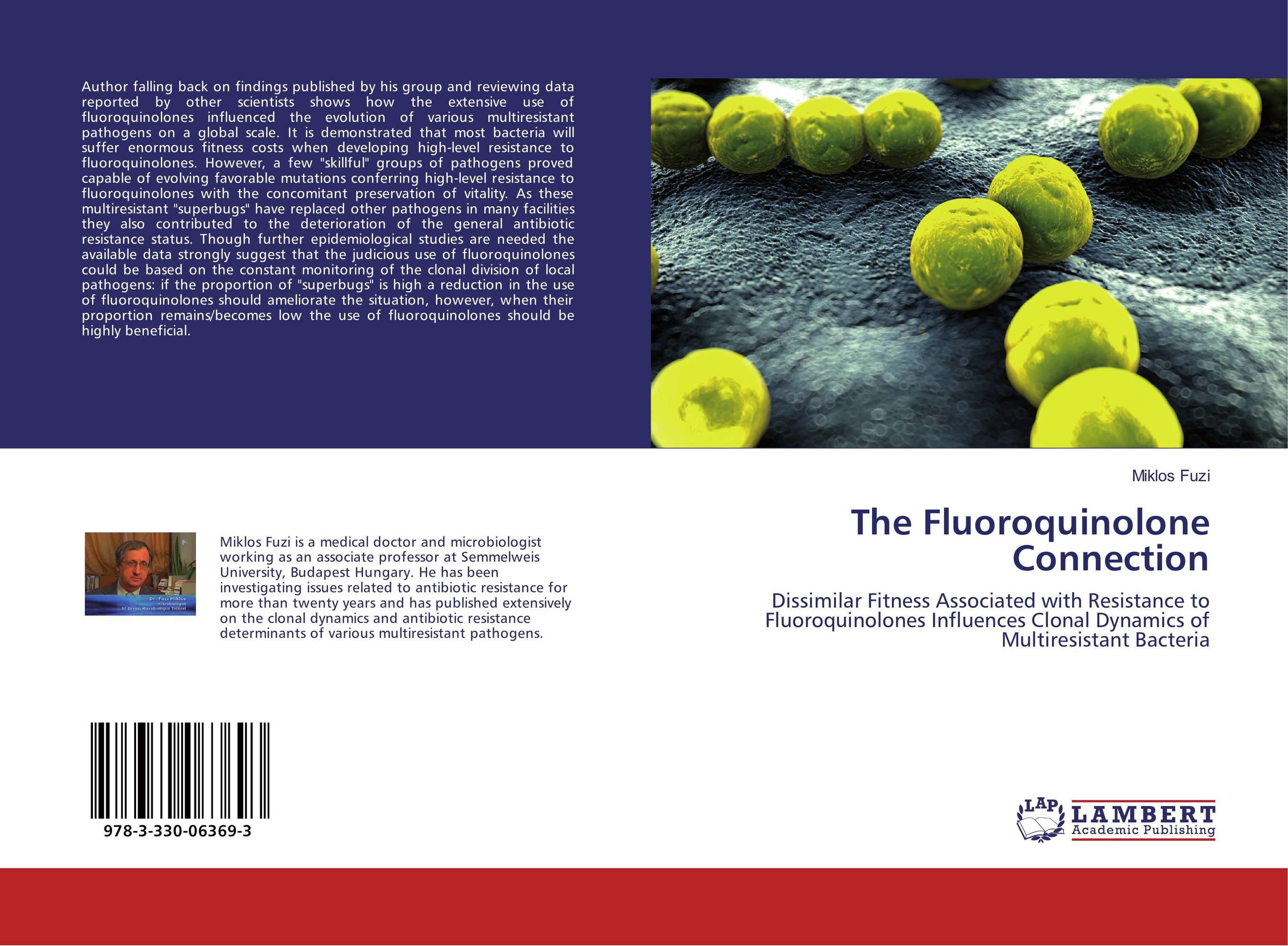| Поиск по каталогу |
|
(строгое соответствие)
|
- Профессиональная
- Научно-популярная
- Художественная
- Публицистика
- Детская
- Искусство
- Хобби, семья, дом
- Спорт
- Путеводители
- Блокноты, тетради, открытки
The Fluoroquinolone Connection. Dissimilar Fitness Associated with Resistance to Fluoroquinolones Influences Clonal Dynamics of Multiresistant Bacteria

В наличии
| Местонахождение: Алматы | Состояние экземпляра: новый |

Бумажная
версия
версия
Автор: Miklos Fuzi
ISBN: 9783330063693
Год издания: 2017
Формат книги: 60×90/16 (145×215 мм)
Количество страниц: 52
Издательство: LAP LAMBERT Academic Publishing
Цена: 16242 тг
Положить в корзину
| Способы доставки в город Алматы * комплектация (срок до отгрузки) не более 2 рабочих дней |
| Самовывоз из города Алматы (пункты самовывоза партнёра CDEK) |
| Курьерская доставка CDEK из города Москва |
| Доставка Почтой России из города Москва |
Аннотация: Author falling back on findings published by his group and reviewing data reported by other scientists shows how the extensive use of fluoroquinolones influenced the evolution of various multiresistant pathogens on a global scale. It is demonstrated that most bacteria will suffer enormous fitness costs when developing high-level resistance to fluoroquinolones. However, a few "skillful" groups of pathogens proved capable of evolving favorable mutations conferring high-level resistance to fluoroquinolones with the concomitant preservation of vitality. As these multiresistant "superbugs" have replaced other pathogens in many facilities they also contributed to the deterioration of the general antibiotic resistance status. Though further epidemiological studies are needed the available data strongly suggest that the judicious use of fluoroquinolones could be based on the constant monitoring of the clonal division of local pathogens: if the proportion of "superbugs" is high a reduction in the use of fluoroquinolones should ameliorate the situation, however, when their proportion remains/becomes low the use of fluoroquinolones should be highly beneficial.
Ключевые слова: clone, fitness, fluoroquinolones, Incidence, multiresistant



